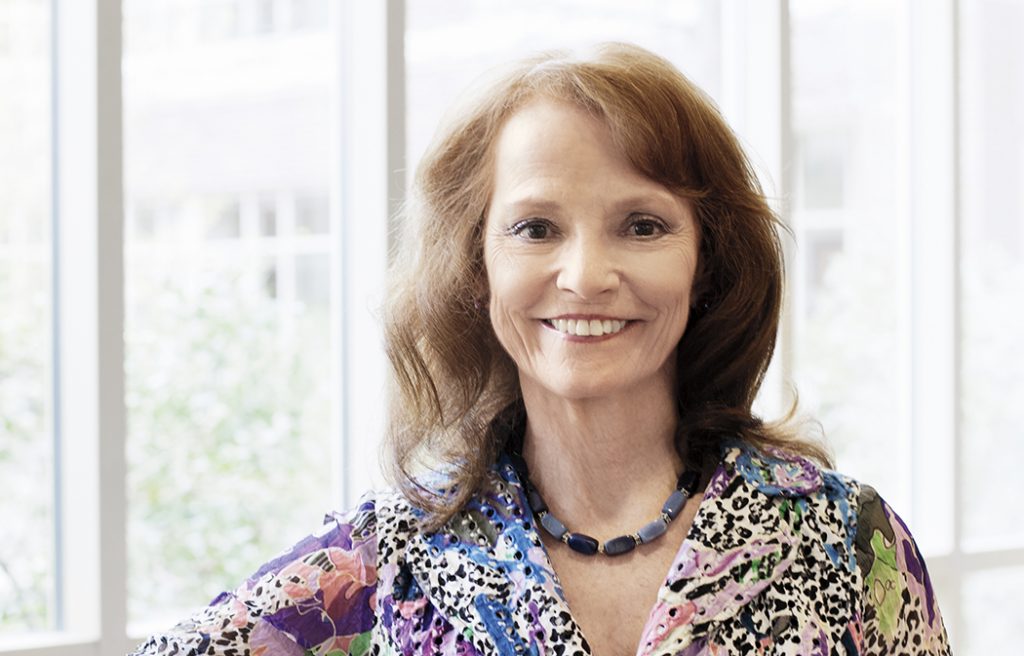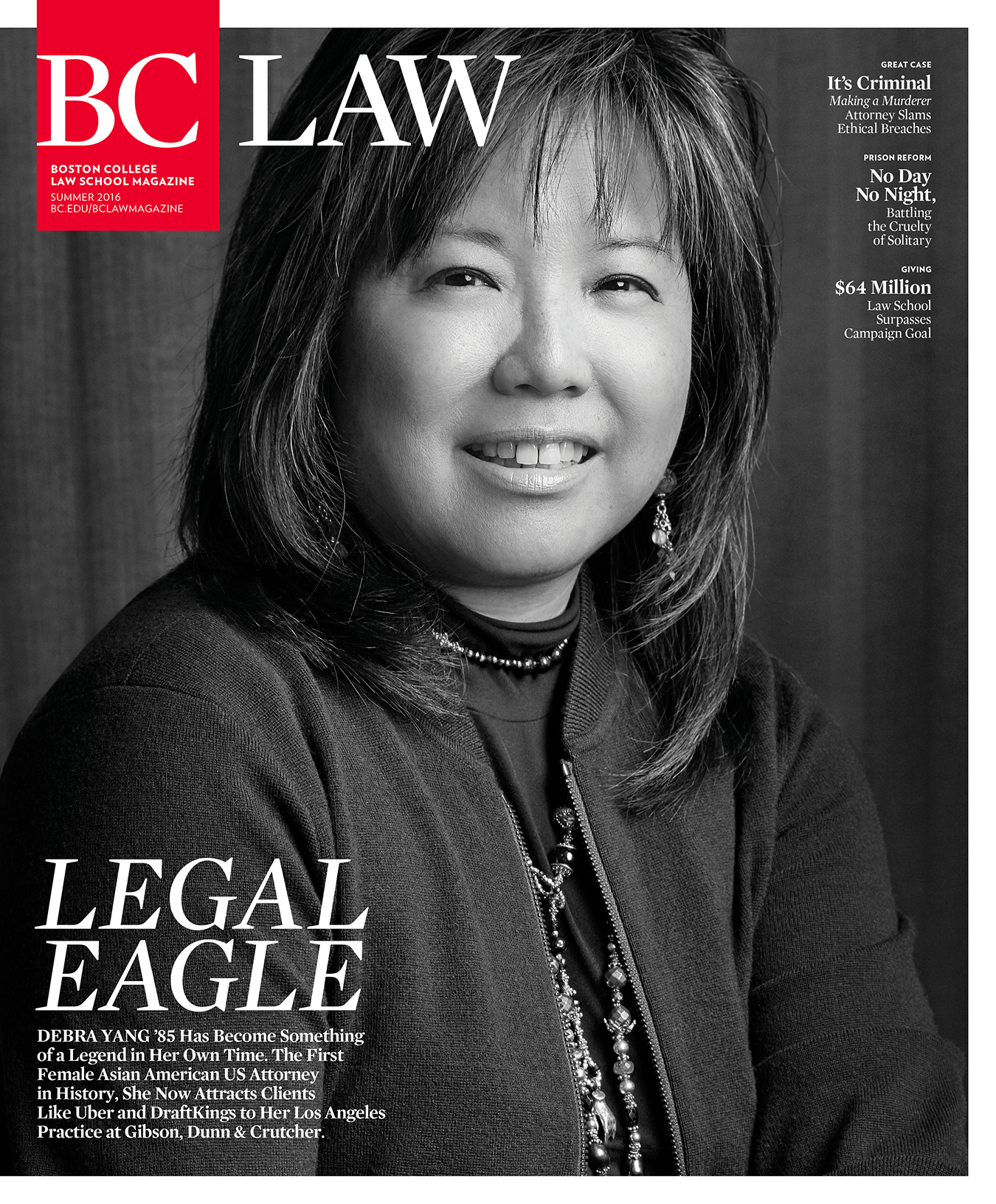A law school teaches you integrity,” said businessman James Micali ’73 in a recent interview with Dean Vincent Rougeau. Their conversation had turned to the value of a law degree. Micali’s statement abruptly pinpointed what’s often been missing in the debate over whether a legal education is worthwhile in a period when the demand for and nature of legal work is rapidly shape-shifting.
Enter the idea of integrity, and the picture crystallizes.
At BC Law School, mottos like “doing good for others” are not empty phrases; they are foundational attitudes that launch graduates into the upper echelons of the profession as measured by a principled life. Such values are not counted in dollars; they are calculated in deeds. And they are manifest in the tireless efforts of alumni toiling in big law firms and small, in major corporations and modest nonprofits, in the White House and in town halls.
Lessons in integrity begin with faculty. Professor George Brown has been one of the foundation-builders, fighting corruption and seeking legal remedies for forty-five years through his scholarship and teaching, as the story “Fighting Malfeasande with Pen, Not Sword” demonstrates. He has loosed into the marketplace hundreds of men and women who understand right and wrong and the nuances in between.
Citing professors James Houghteling and Cynthia Lichtenstein as similarly influential, Debra Yang ’85 (this issue’s cover story) has built her career by doing what’s right. It has served her well as a US Attorney (she faced down the mammoth Crédit Lyonnais for fraud), a state judge, and now a top big-firm lawyer with clients like Uber and DraftKings.
Walt Kelly ’68 was thrust into the limelight in Netflix’s Making a Murderer for handling a civil suit between the two criminal trials of a man named Steven Avery. Kelly’s thoughtful perspective on the corrupted legal process exposed by Avery’s exoneration in the first case and the bad taste it left after his conviction in the second, he learned from Dean Robert Drinan, SJ. Father Drinan had a lot to do with setting Kelly on his career course. “There was a sense in the air…that human rights and civil rights get a priority,” Kelly said in this issue’s Great Case, “The Two Sides of Truth.” “A sense that as much as lawyers are devoted in so many fields of their work, doing this work is particularly important.”
Zachary Heiden ’02 gets the last word in the story, “There Was No Day, No Night, Nothing to Mark the Time.” He has spent more than a decade at the American Civil Liberties Union of Maine. Solitary confinement reform has become his primary cause. It is, he said, “going to be something that I work on for the rest of my career.”
Vicki Sanders, Editor
vicki.sanders@bc.edu
Photograph by Adam DeTour



